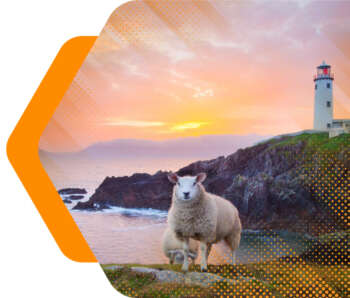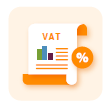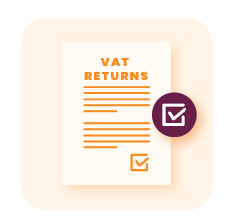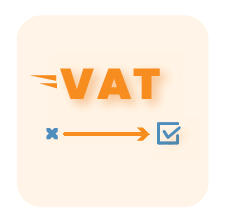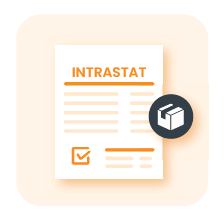E-Commerce & B2C Services in Ireland
The EU VAT reform implemented on July 1, 2021, impacts all EU and Irish e-commerce business owners engaged in cross-border transactions within member states or importing goods from outside the EU. The introduction of the One-Stop-Shop (OSS) under this reform allows businesses to register and submit quarterly VAT returns in one EU country. Additionally, the Import One-Stop-Shop (IOSS) was established for imported goods.
Read more about B2C services & E-Commerce in Ireland in our comprehensive guide.
Selling in Ireland?
E-commerce Distance Sales
Section 29 of the Irish VAT Act outlines the general place of supply regulations for goods, which align with the standardized EU guidelines for the place of supply of goods. According to these regulations, goods that are situated in Ireland and do not require removal from the country are deemed to be supplied within Ireland. In contrast, goods that are situated outside of Ireland and do not require entry into Ireland are regarded as being supplied outside of Ireland.
The following additional rules apply under Section 29:
- Goods that are not dispatched or transported in the course of their supply have, as their place of supply, the place where the goods are located at the time of supply.
- A supply that involves the physical transport of goods is generally treated as supplied where the transport begins. Therefore, if goods are dispatched or transported from Ireland to another jurisdiction, the supply is generally regarded as being made in Ireland. However, subject to certain conditions being met, the supply is subject to VAT at the zero rate as either an “intra-Community dispatch” or an “export.” The term “export” is typically used to describe the sale of goods to a country outside the EU, whereas the supply of goods to another EU Member State are generally regarded as “dispatches” or “intra-Community supplies”.
- If goods are installed or assembled by or on behalf of the supplier, the supply takes place where the goods are installed or assembled.
- If goods are supplied on board vessels, aircraft or trains during intra-Community transport, the place of supply is where the transportation begins.
- Supplies of gas and electricity, heat and cooling energy to a taxable dealer are generally taxable at the place where the taxable dealer is established or has a fixed establishment for which the goods are supplied. Where these supplies are made to a final consumer (i.e., not a taxable dealer), they are taxable at the place of consumption under Section 31 of the VAT Act.
Further Information
The recent EU VAT reform, effective July 1, 2021, impacts businesses that engage in cross-border transactions within the EU or import goods from outside the EU, particularly those involved in e-commerce. The reform introduced the One-Stop-Shop (OSS) system, which enables companies to register for VAT and file VAT returns on a quarterly basis in a single EU country. In addition, a new scheme called the Import One-Stop-Shop (IOSS) was created specifically for imports.
The One-Stop Shop (OSS) model extends the previous Mini One-Stop Shop (MOSS) scheme to include VAT on certain digital products in the EU. The objective of both schemes is to simplify tax compliance and reduce administrative burdens for businesses, while increasing tax collection. The OSS scheme allows businesses to register for VAT and file VAT returns in a single country, eliminating the need to keep track of different distance selling thresholds in each country. Instead, an EU-wide threshold of EUR 10,000 applies. The OSS (One-Stop-Shop) is developed for EU enterprises selling goods to customers within the EU. In the EU, IOSS is meant for non-EU enterprises selling items worth up to EUR 150 to EU clients. In this case, ordinary VAT import regulations apply.
Last Updated: 06/10/2023
Disclaimer
The information provided by Global VAT Compliance B.V. on this webpage is intended for general informational purposes only. Global VAT Compliance B.V. is not responsible for the accuracy of the information on these pages, and cannot be held liable for claims or losses deriving from the use of this information. If you wish to receive VAT related information please contact our experts at support@gvc.tax

